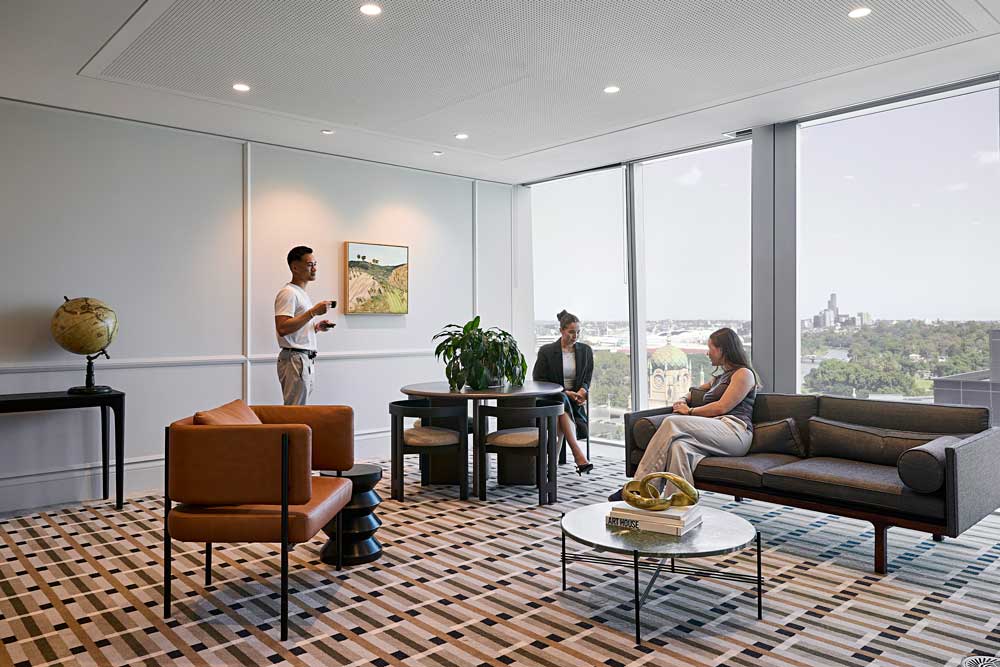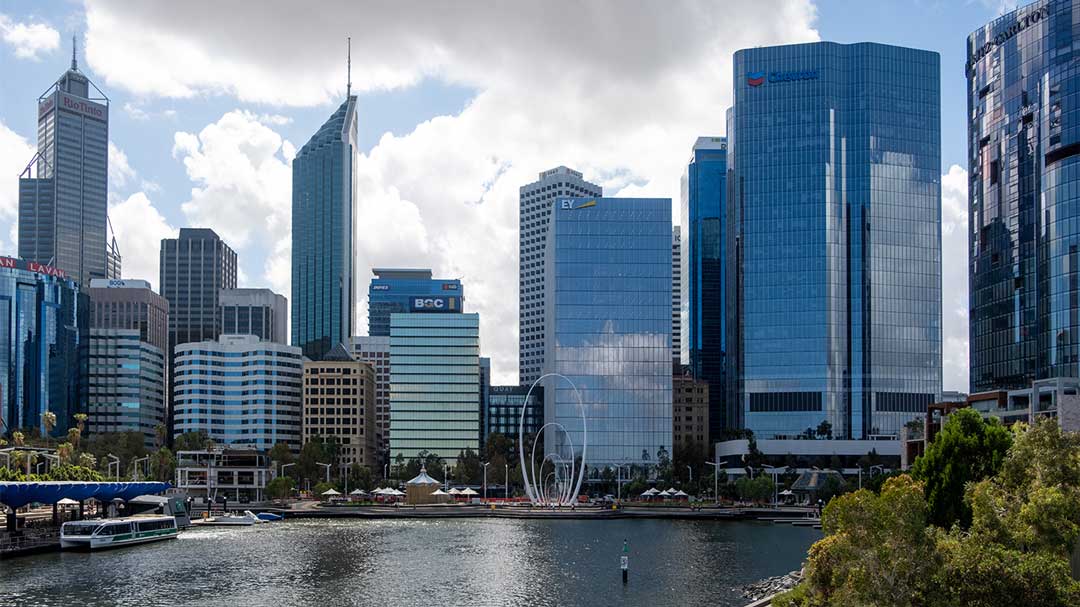Do I Need A Tenant Advisor To Negotiate My Commercial Lease?
When you look to renegotiate your current lease or secure a new lease, you may come across both tenant advisors and...
Whether its 6 months or 3 years away, it's important to be prepared.
Whether it’s a building, commercial space, retail outlet, warehouse or a shared business space, your office is vital to your staff wellbeing and to the success of your company now and in the future. So, great care needs to be taken when preparing for your commercial lease expiry.
When preparing for the end of your office lease, time is your friend. It’s important to give yourself as much time as possible to plan ahead. Depending on the size of your office space and the complexity of your current commercial lease agreement, you should start planning at least 12-18 months before the lease expires. Here are some of the advantages of starting early:
As you can see, there are numerous benefits in starting early when preparing for your office lease expiry. Remember to give yourself at least 12-18 months to consider your options and plan ahead. One of the biggest questions you need to consider is: ‘Would it be better to stay and renegotiate the current lease or move to a new office?’
To make the right decision, you need to review your current space (and current lease agreement), think about your business objectives and growth plans, plus consider market conditions, costs involved and any potential change management issues.
In this article, we will help guide you through the decision-making process and focus on the following:
Stay
What you need to know when deciding to stay and renewing your lease
Move
Things to consider if you're moving to a new office
Get help
Who can help you through the end of lease process
If you’re happy with your current office and location, and have no plans of outgrowing the space in the near future, it might be better to stay and renew your lease. There are a few options you can consider when deciding to stay in your current premises:
Once you’ve decided the best option is to move forward in your current premises – and while you’re renewing or renegotiating your lease contract, this may also be a good opportunity to think about improving the office.
Redesigning your workplace can do wonders for staff morale and take your business to the next level. It can:

Here are some of the steps you can consider:
In this section, we will focus on the things you need to know when deciding to relocate from your current premises. The decision to move to a new office can be driven by a number of factors:
Once you’ve decided to move to a new office, you can either wait until the end of your current lease term or look at ways to get out of the agreement early. However, a word of caution – your commercial lease contract is a legally binding agreement. Trying to end the lease early can be very complicated and would require legal advice.
If you are considering ending the current office lease early, here are a few of your options:
Early termination clause
Does your lease contract include an early termination clause? If it does, this usually outlines the circumstances that allow you to end the contract early and the specific steps to take.
Surrender of lease
You can have the option to ask for a surrender of lease with your landlord. However, they do not have the obligation to agree. If they do agree to the surrender of lease, you can enter into a mutual agreement to end the lease contract early. Please note that you may be required to pay for your landlord’s legal fees.
Assignment of lease
You also have the option to assign or transfer the lease to a new party or tenant. Check your existing contract to see if there are any restrictions or guidelines regarding the transfer of lease. You would of course need the approval of your landlord to make this happen.
Again, if you are considering ending your office lease early, make sure you properly review the existing agreement, consider your options, and seek legal advice.
Whether you’ve decided to end the lease early or leave at the end of the term, it is part of the lease agreement that you ‘Make Good’ on the current premises. The ‘Make Good’ clause dictates your obligations as a tenant to return the office or property to its original state. This involves:
Moving or relocating an entire office can be difficult and overwhelming. It has a lot of moving parts – from physically moving out of the old office and sorting out any technical issues to signing a new lease, planning the new office and dealing with any change management issues.
Without careful planning and preparation, the move can be very stressful for everyone and you could find yourself suddenly out of time and out of budget. Here are some useful tips to make the office move a lot smoother:
Make sure you check out the complete office move checklist to give you a list of things to do for each stage of the relocation.
Whether you’re renewing your existing contract or relocating to a new office, preparing for the end of your office lease expiry can be a very complex process. It requires a lot of planning, negotiation, research and, of course, legwork to get things done. Luckily, there are a number of support channels that can help you through the process:
Preparing for your office lease expiry requires planning, research, and hard work, but if you get started early, prepare well, and use good advisors and partners, you can avoid costly mistakes.
Whether you are renewing the existing contract or relocating to a new office, make sure you give yourself enough time (at least 12-18 months before the lease expires) to consider your options, properly negotiate with your landlord, and plan the move forward.
If you need help at any stage of the process – from understanding your end of lease options to creating a workplace strategy for your new office or simply to figure out the next steps, Axiom is here to help. Book a consultation with one of our workplace consultants today!

When you look to renegotiate your current lease or secure a new lease, you may come across both tenant advisors and...

An office lease expiry is one of those things that can easily get put on the backburner until suddenly it’s right in...

While new business models, fresh ways of working, and an increasingly tech-enabled ecosystem have shifted the workplace...